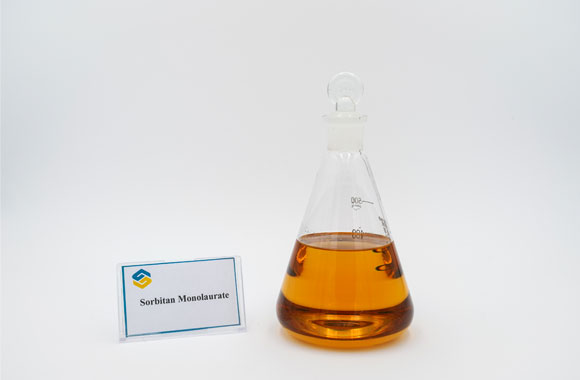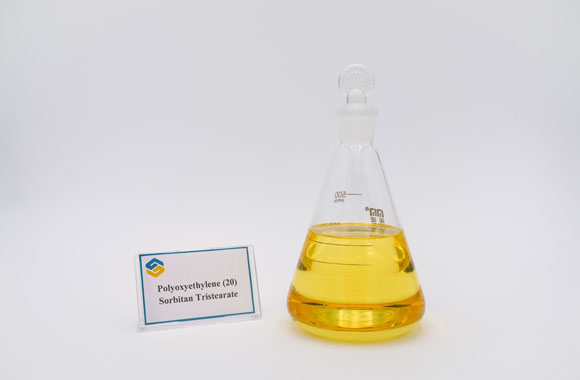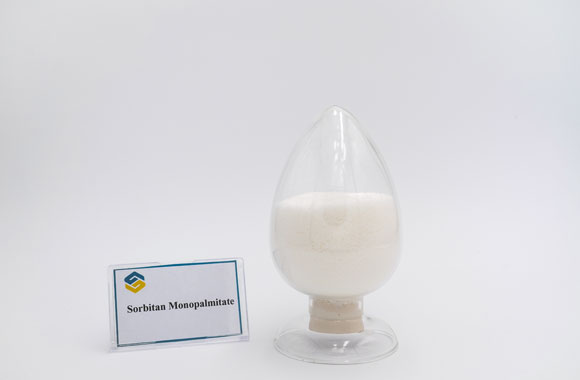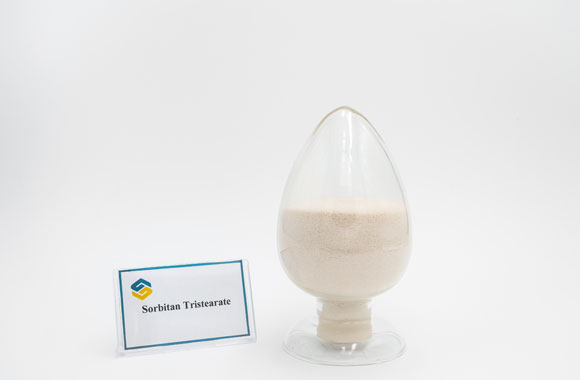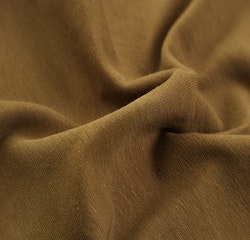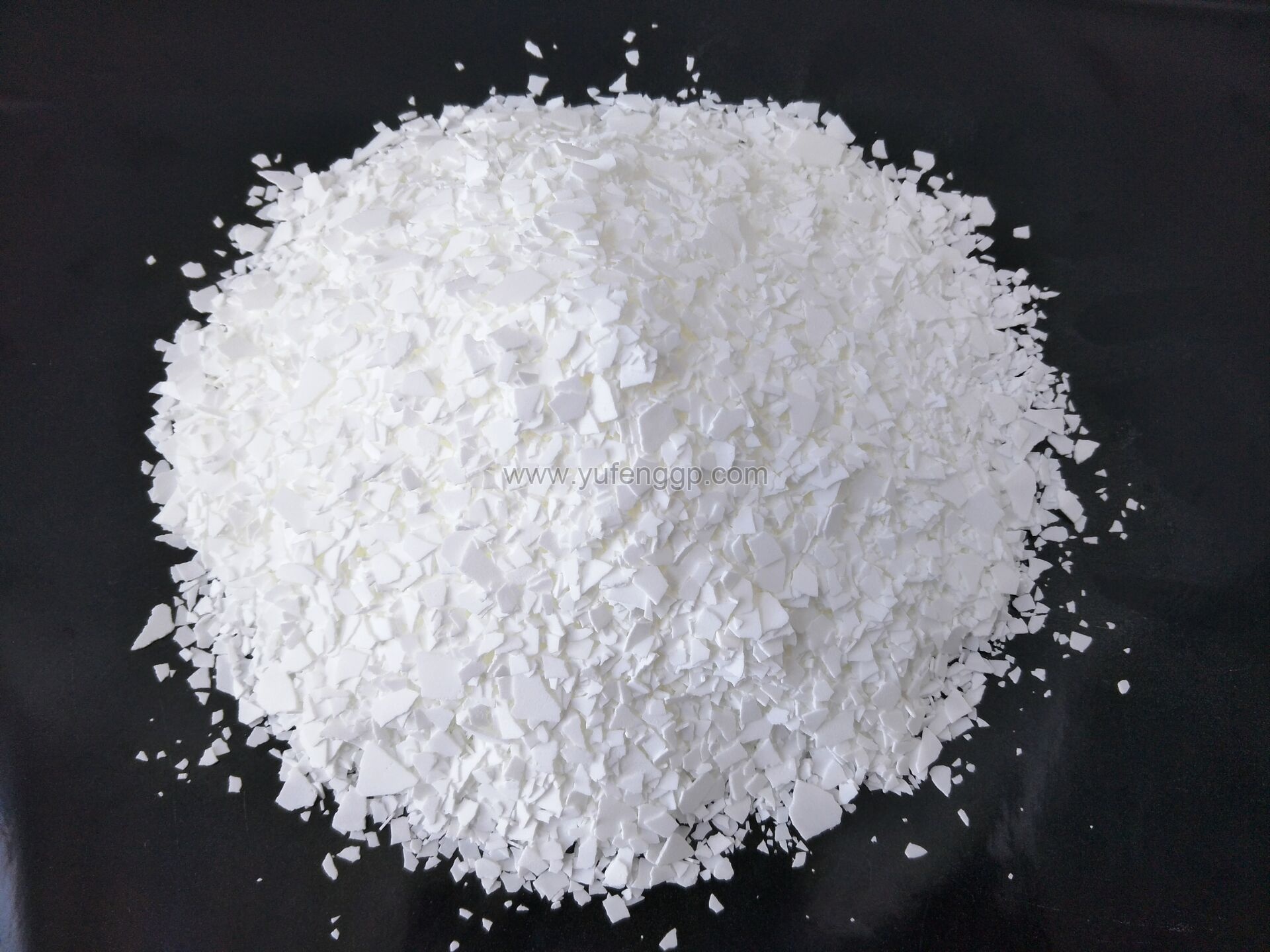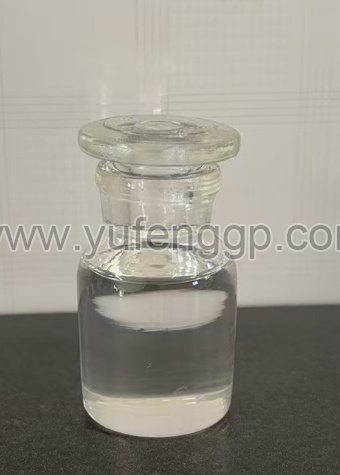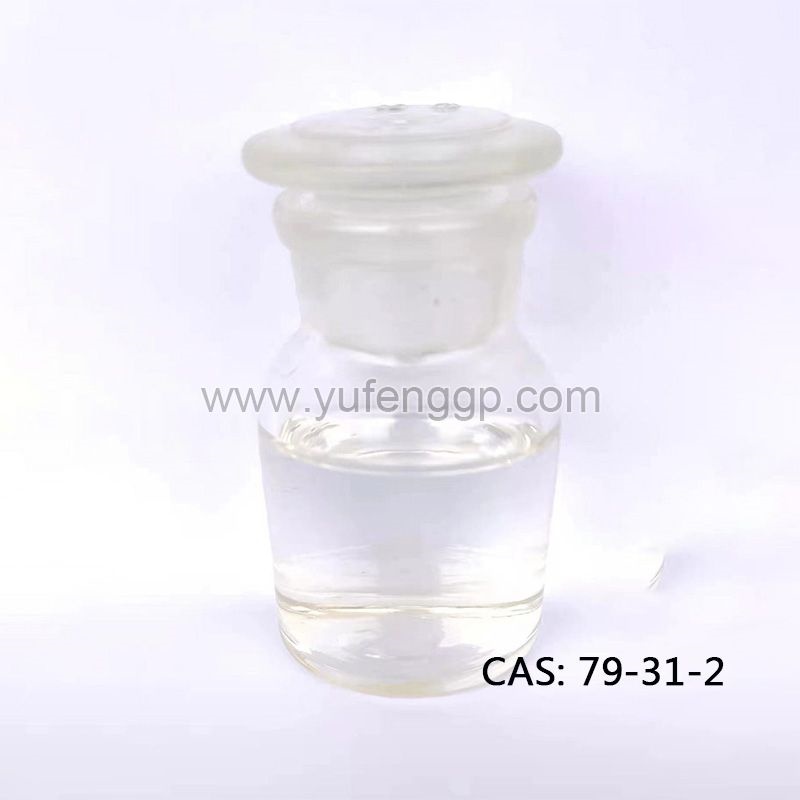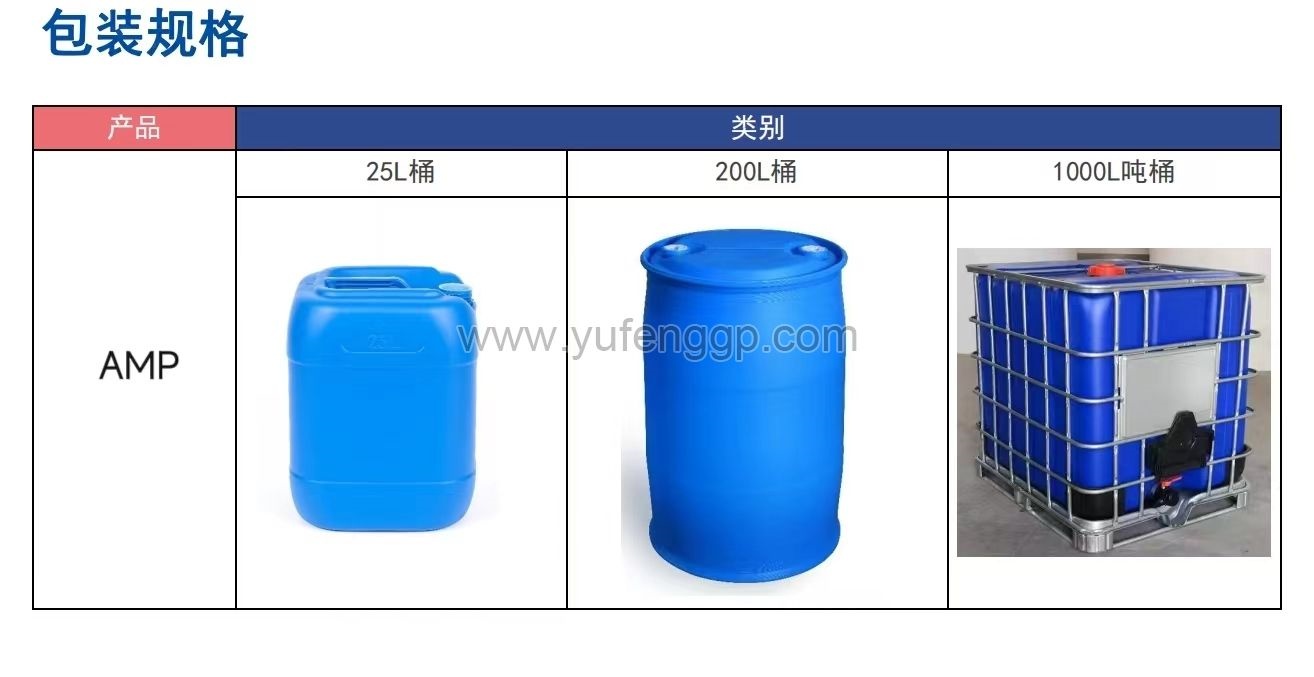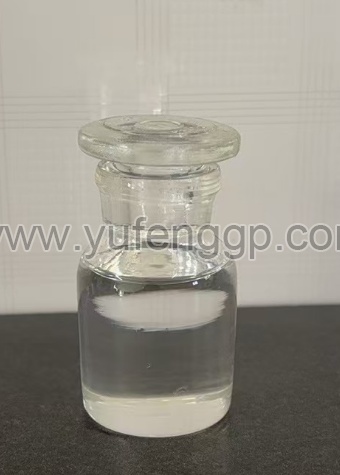Sorbitan Esters
Sorbitanesters and Polysorbates as nonionicoffer many advantages over ionic surfactants including increase stability, enhance flexibility and provide wider compatibility. They are stable in mild acids, alkalis and electrolytes and do not react with ionic ingredients or actives.
Sorbitanesters are nonionic lipophilic surfactants that are commonly used as water-in-oil (W/O) emulsifiers and stabilizers. Sorbitan fatty acid estersare produced by esterification of dehydrated sorbitol (sorbitan) with a variety of fatty acids. Sorbitol is a sugar alcohol that can be obtained by the reduction of glucose or derived from corn, potatoes, etc. The fatty acids commonly used to synthesize sorbitan esters include lauric acid, palmitic acid, stearic acid, and oleic acid.
Sorbitan esters used as non ionic surfactants are effective for various functions. Our range of surfactants is used in a variety of settings, for example, as an emulsifier in food, a stabilizer in a cosmetic cream formulation, or a cosolvent and antirust agent for petroleum and oil. These surfactants are sourced from vegetables and vegan friendly. They are safe and nontoxic as food additives when used according to regulations.
Our range of span sorbitanesters has a hydrophilic-lipophilic balance (HLB) between 1.6 - 8.6, which make them dissolvable in polar organic solvents and oils. When used in combination with varying proportions of ethoxylated sorbitan esters (polysorbate) that have an HLB range between 10.0 – 16.7, it creates more versatile surfactants; which can produce W/O or oil-in-water (O/W) emulsions with varying levels of consistencies, expanding the possible applications of these surfactants.
FAQs of Our Sorbitan Ester
What is the difference between non-ionic and ionic surfactants?
Compare to ionic surfactants, non-ionic surfactants are less sensitive to acidity or alkalinity.
What is a water-in-oil (W/O) emulsifier?
In water-in-oil emulsion, the hydrophilic parts of emulsifiers surround the water droplets and expose their lipophilic portions to the oil phase. This allows water droplets to suspend in oil environment.
What is sorbitan ester made of?
Sorbitan ester is composed of sorbitol-derived hexitol anhydrides aka sorbitans and various fatty acids (lauric acid, palmitic acid, stearic acid, and oleic acid, etc.). Polyoxyethylene sorbitan fatty acid esteris attached to sorbitans through esterification reactions.
Is sorbitol the same as sorbitan?
Sorbitol is a sugar alcohol (crystalline hexahydric alcohol) that can be sourced from plants, such as corns and potatoes. When sorbitol undergoes a dehydration process, where one water molecule is removed, it creates an anhydride called sorbitan.
What is HLB value?
HLB value is the abbreviation for hydrophilic-lipophilic balance, it is the ratio between the hydrophilic portions and lipophilic portion of a surfactant. It is represented by a number between 1 and 20. An HLB value less than 6 indicates that the surfactant favors W/O emulsion; an HLB value greater than 8 favors O/W emulsion. HLB values in between 7 and 9 indicate that the surfactants are good wetting agents.
Is sorbitan ester safe?
Sorbitan esters are widely used in cosmetics, food, medicines. They are generally considered as non-toxic and non-irritant. They are considered to be safe cosmetic ingredients.2 According to the World Health Organization (WHO), sorbitan esters composed of lauric acid, palmitic acid, oleic acid and stearic acid are safe to consume as food additives.1 The group ADI value of these sorbitan esters is 0-25mg/kg body weight/ day.1 Acute and long-term studies have shown that sorbitan esters are non-toxic via ingestion.2 During digestion, sorbitan esters are hydrolyzed into sorbitan and fatty acid; the fatty acid moiety is absorbed and metabolized, whereas the sorbitan moiety is excreted through urine, feces or respiration.
Send product request
Other supplier products
| Sorbitan Ester And Polysorbate Applied In Food Ingredients | Huana's products are widely used in food ingredients. Guangdong Huana Chemistry Co., Ltd. is a professional global chemical engineering company ... | |
| Sorbitan Esters | sorbitan esters used as non ionic surfactants are examples/ sorbitan esters used as non ionic surfactants are mcq/ sorbitan esters examples sorbit... | |
| Polysorbate 21 | Polysorbate 21, also known as polyoxyethylene (4) monolaurate consists of sorbitol, ethylene oxide, and lauric acid. It has a molecular formula of ... | |
| Sorbitan Esters | Sorbitan Esters Sorbitan esters are nonionic lipophilic surfactants that are commonly used as water-in-oil (W/O) emulsifiers and stabilizers. Sorbi... | |
| Sorbitan Tristearate | Sorbitan tristearate in food, also known as STS, is synthesized by the esterification of sorbitan with stearic acid. It has a molecular formula of ... |
Same products
| Trimellitic anhydride 97% | Seller: Yufeng International Group Co., Ltd | Trimellitic anhydrideis a 2-benzofuran compound having oxo groups at the 1- and 3-positions and a... | |
| Isobutyric Anhydride CAS 97-72-3 | Seller: Yufeng International Group Co., Ltd | Product Name: Isobutyric Anhydride CAS No.: 97-72-3 Purity: 99% Molecular Formula: C6H10O3 Mo... | |
| Isobutyric Acid CAS 79-31-2 | Seller: Yufeng International Group Co., Ltd | Product Name:ISOBUTYRIC ACID Synonyms: 2-Methylpropanoic acid 79-31-2 Isobutanoic acid 2-Met... | |
| 2-Amino-2-methyl-1-propanol(AMP)CAS:124-68-5 | Seller: Yufeng International Group Co., Ltd | AtYufeng, a trusted 2-Amino-2-methyl-1-propanol Factory & Supplier, we prioritize quality and... | |
| Dimethyl sulfoxide (DMSO) CAS: 67-68-5 | Seller: Yufeng International Group Co., Ltd | Yufengis one of the leading dimethyl sulfoxide suppliers and also a professional such manufacture... |





